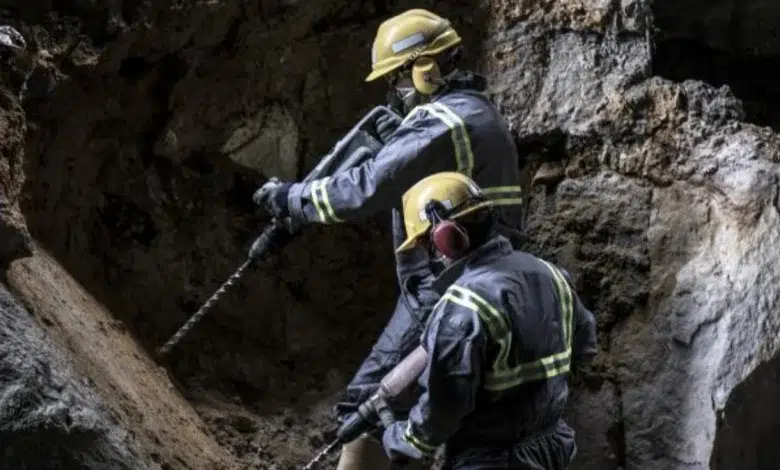Government Launches Next Phase of Ex-Mine Workers Social Support in Ekurhuleni

Phase Two of the Ex-Mine Workers Social Security Benefits Programme Launched in Ekurhuleni
The Gauteng Department of Health, in collaboration with the Medical Bureau for Occupational Diseases (MBOD) and several other stakeholders, has launched Phase Two of the Ex-Mine Workers Social Security Benefits Programme. This initiative targets former mine workers in the Ekurhuleni District who may have contracted occupational diseases, such as silicosis or tuberculosis (TB), during their employment in the mining sector.

Background and Purpose
Historically, many former mine workers left their jobs without receiving compensation or medical support for occupational illnesses that they acquired. This left thousands without the social security benefits they were entitled to. The programme’s first phase, concluded successfully in the West Rand district earlier in 2025, reached over 9,000 individuals. It conducted 539 Benefit Medical Examination tests and ensured that affected workers received the compensation and medical support they were due.
With the new phase, the government has reinforced its commitment to ensure that ex-mine workers, and their families, are aware of their eligibility. They are given the chance to claim any unclaimed benefits. These benefits include not only financial compensation but also access to medical monitoring. This is aimed at providing ongoing healthcare support to those affected by mining-related illnesses.
Registration Details and Venues
Ex-mine workers and their families who live in the Ekurhuleni District are encouraged to register for the programme at one of several registration venues across the district. The registration process will run from Monday, July 21 through Friday, August 22, 2025. Registration will be available weekdays from 8 am to 4 pm at the following locations:
- Thelle Mogoerane Regional Hospital – Training Centre Hall, Vosloorus
- Bertha Gxowa Hospital – Dr. Clarence Mini Hall, Germiston
- Tambo Memorial Hospital – Villa Nerina Hall, Boksburg
- Pholosong Hospital – Auditorium and Lapa, Tsakane
To streamline the process, individuals are urged to bring their Makhulu-skop (Mineworker Identity Card), ID documents, and any relevant paperwork from their mining employers. This documentation will help expedite both the registration and screening procedures.
The Importance of the Programme
According to Nomantu Nkomo-Ralehoko, Gauteng’s Health MEC, this programme is more than just about providing financial compensation. The initiative’s primary aim is to restore dignity and justice to the former mine workers. These workers contributed significantly to the South African economy while enduring hazardous working conditions. The programme ensures that they receive the medical care and social support they deserve after years of under-compensation or neglect.
The programme is also designed to support the families of deceased mine workers. In cases where the worker has passed away, their family may also qualify for compensation and benefits. This holistic approach underscores the importance of social justice in South Africa’s mining communities.
Ongoing Commitment and Future Plans
MBOD and its partners are committed to continuing their research and database updates. They aim to identify ex-mine workers who may still be eligible for compensation but have not yet claimed their benefits. According to the latest department estimates, over 7,500 ex-miners across Gauteng may still be entitled to compensation.
The launch of the Ekurhuleni phase is part of a broader provincial effort. This effort aims to reach vulnerable mine workers who are affected by occupational diseases. This ongoing initiative demonstrates the government’s dedication to promoting healthcare equity and social justice. This is particularly for those who suffered in the mining industry.
Worker Wellness

The Ex-Mine Workers Social Security Benefits Programme is an essential step in addressing the historical injustices faced by former mine workers in South Africa. By providing access to financial compensation, medical care, and social support, the government aims to ensure that those who contributed significantly to the country’s economy are not left behind in their time of need.
ALSO READ: Early Childhood Development Gets R1.7 Billion Grant Injection




